Bitcoin continues to make chaotic waves in the finance industry, with one bitcoin currently worth about $1,250 as of this writing. What's great about bitcoin is that you don't need to shell out rent money to get in the game, because bitcoins can be bought in increments—basically, whatever you can afford.
As an example, I buy bitcoins frequently, but only in small increments that I can afford. At least once a month, I put away loose change that would've otherwise gone to small purchases like packs of gum, and transfer them over to my bitcoin account. All in all, I probably spend a little over $10 a month. As bitcoins are currently highly volatile, these purchases can grow or lose value over time, but it's ultimately worth the risk for me in the long term, as I only use money I don't mind losing.
Anyone who wants to get into the world of bitcoin must first obtain a wallet to store their funds. Smartphones are our constant companions, and there's no shortage of bitcoin wallet apps on the Google Play Store, but the issue is finding one that fits your particular needs. So here are some of the best wallet apps available for Android, with their key features listed plainly to help you find the right one for you.
1. Coinbase
Coinbase is a bitcoin exchange platform based in San Francisco and founded in 2012. It has apps for both iOS and Android, and features built-in wallets for bitcoins, ether, and the good old US dollar. The wallets are very secure, requiring a three-step verification process in order to access the Coinbase app.

As a US-based exchange, Coinbase requires an extensive identity verification process during signup that gives it an air of legitimacy—something the world of bitcoin and cryptocurrencies are still in dire need of. Proof of ID and residency have to be sent over and reviewed, similar to opening a bank account. Once approved, a user can link his bank account, debit, and credit cards to get started trading.
Coinbase is a great option for those new to the world of bitcoin, or those who casually dabble in it. The app is incredibly intuitive to use, and has the ability to instantaneously convert bitcoins to dollars and vice versa by using its built-in wallets for both currencies. If you're adventurous enough, you can day-trade using the Coinbase app alone, and potentially make your bitcoin holdings grow.



Since all holdings are stored within the app itself, there's never any need for a backup. As convenient as it is, many will bemoan the fact that their bitcoins are stored within Coinbase itself, as it may not be as secure as a wallet that's kept completely private. Another downside is that Coinbase is subject to capital gains taxes, and with the IRS knocking on its door, it's sure to turn off individuals who value privacy in choosing a wallet.
Coinbase also monitors bitcoin transfers from known gambling sites, so users will need to be cautious with transferring their gambling wins as it can result in account suspension.
Coinbase Summary
- iOS app: yes
- backup needed: no
- verification: login, SMS, email
- buy and sell: yes, within Coinbase
- bank transfers: yes
- identity required: yes
- outstanding feature: built-in USD wallet that enables lightning-fast transactions for day trading
2. Mycelium
Bitcoin is often praised for its emphasis on privacy and anonymity, so the developers behind Mycelium applied these same principles to their bitcoin wallet app. When it comes to privacy, Mycelium is considered the gold standard of Android bitcoin wallets, as it uses HD (hierarchical deterministic) seeds to streamline security and transaction speed, meaning that to back up your bitcoins, you only need to remember a set of twelve English words.
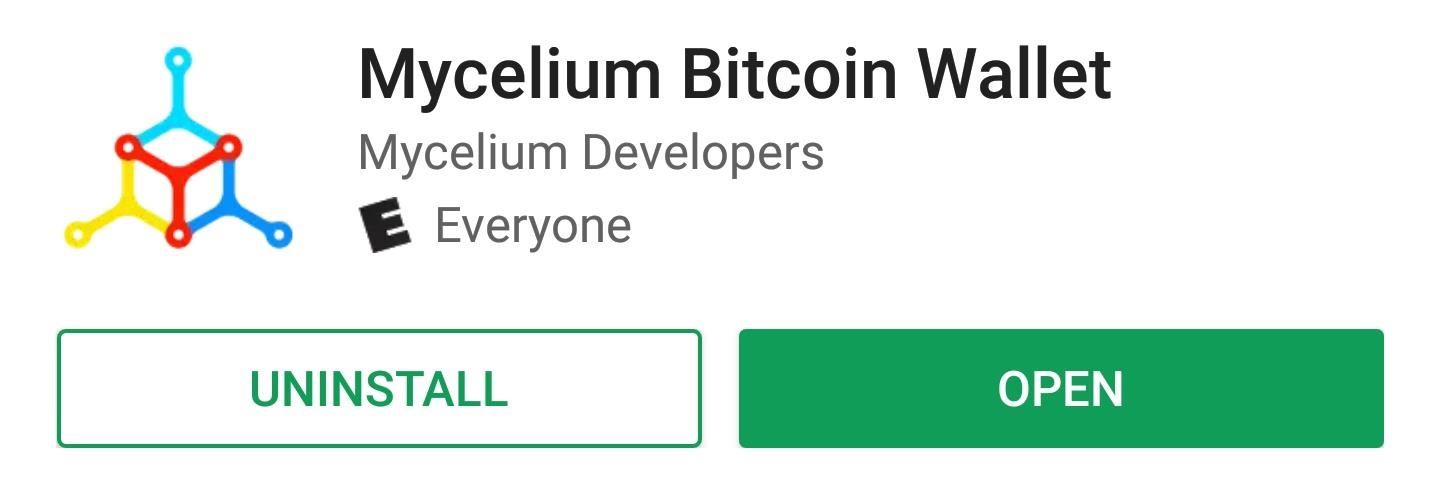
Anonymity is a big plus with Mycelium, as users don't need to go through any rigorous identity verification processes to get started buying and selling bitcoins. To keep things even more private, all web-based transactions are funneled through the Tor network to hide the user's location and identity.

Mycelium gives its user the added benefit of buying and selling bitcoins locally through its Mycelium Marketplace, which is a great way to instantly trade bitcoins for cold hard cash. Not only that, but local transactions can give you slightly more flexible prices over Coinbase's fixed pricing, as it provides a bigger pool from which to select the best prices. You can also use your debit and credit cards to buy bitcoins, which is done through an external site only accessible within the Mycelium app.

Mycelium has the ability to sync with increasingly popular hard wallets like Trezor and Ledger. Similar to USB sticks in appearance, these wallets are external hardware devices specifically made for securely storing bitcoins. It's very easy to use the external wallet—simply plug it into your phone and open Mycelium to get the ball rolling. From there, just verify and confirm the transaction in your external wallet and you're all set!

Mycelium can take a little time to get used to, as the app itself is not as intuitive as Coinbase. Trading, for example, is located within the Balance page, and isn't a main option, which can get a little confusing when first starting out. But aside from little hiccups like that, Mycelium is a solid wallet app that keeps your transactions as private as possible, making it highly recommended.


Mycelium Summary
3. Copay
Developed by veteran company BitPay, Copay is another great bitcoin wallet app that differentiates itself with a focus on security and cyber-theft prevention. Like Mycelium, Copay requires you to back up your wallet, and uses the same HD-generated twelve-word system to lock down your wallet.

The defining feature of Copay, however, is its multi-signature functionality. With this, a user can create a single bitcoin wallet with multiple devices as signatories. With this feature, a user can create three sets of keys on two phones and a piece of paper, as an example. When a transaction is processed, it will require two signatures (from the phones or paper) in case one is out of reach. This makes it incredibly secure against cyber fraud, as the would-be thief would have to hack into at least two separate devices to access your funds.



Copay lets the user sync with Coinbase and Gildera to buy and sell bitcoins, but unfortunately, the app lacks the ability to make local transactions like Mycelium.


By far the biggest letdown with Copay is its transaction management. Currently, only one central server monitors and manages all the transactions. Though your coins are relatively safe from theft, transactions are vulnerable to DDoS attacks and other server-related issues that may arise, leaving you with coins that can't be spent due to server downtime. Due to this flaw, people who make a lot of bitcoin transactions might want to avoid Copay, at least until its one-server system is remedied.
Copay Summary
Conclusion
As you can see, there are many options to choose from when picking the best Android wallet to suit your personal needs. If you're a novice user who wants a good balance of simplicity and features, Coinbase is probably your best bet. However, if privacy and anonymity are your priorities, Mycelium might be a better fit. Then, for folks who want extra anti-theft measures, Copay offers a great solution.
What are your thoughts on these bitcoin wallet apps? Which one did you go with? Feel free to post your comments and any recommendations down below!
Who needs a wand? Unlock your magical powers and transform yourself from a Muggle into a Wizard or Witch just by using your Android phone. See how:



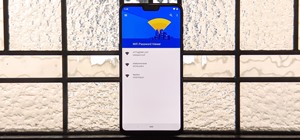

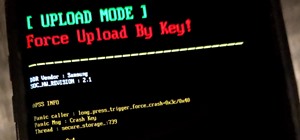


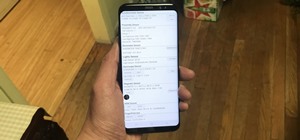
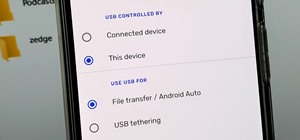
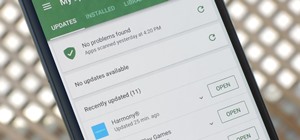


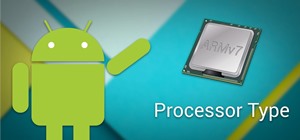
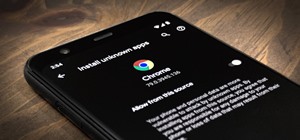


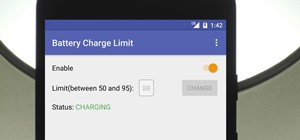
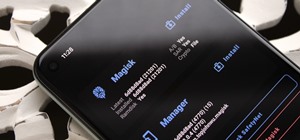

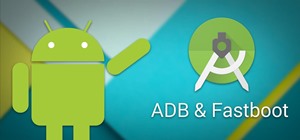
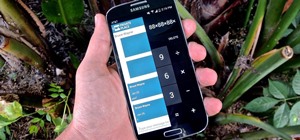
Be the First to Comment
Share Your Thoughts